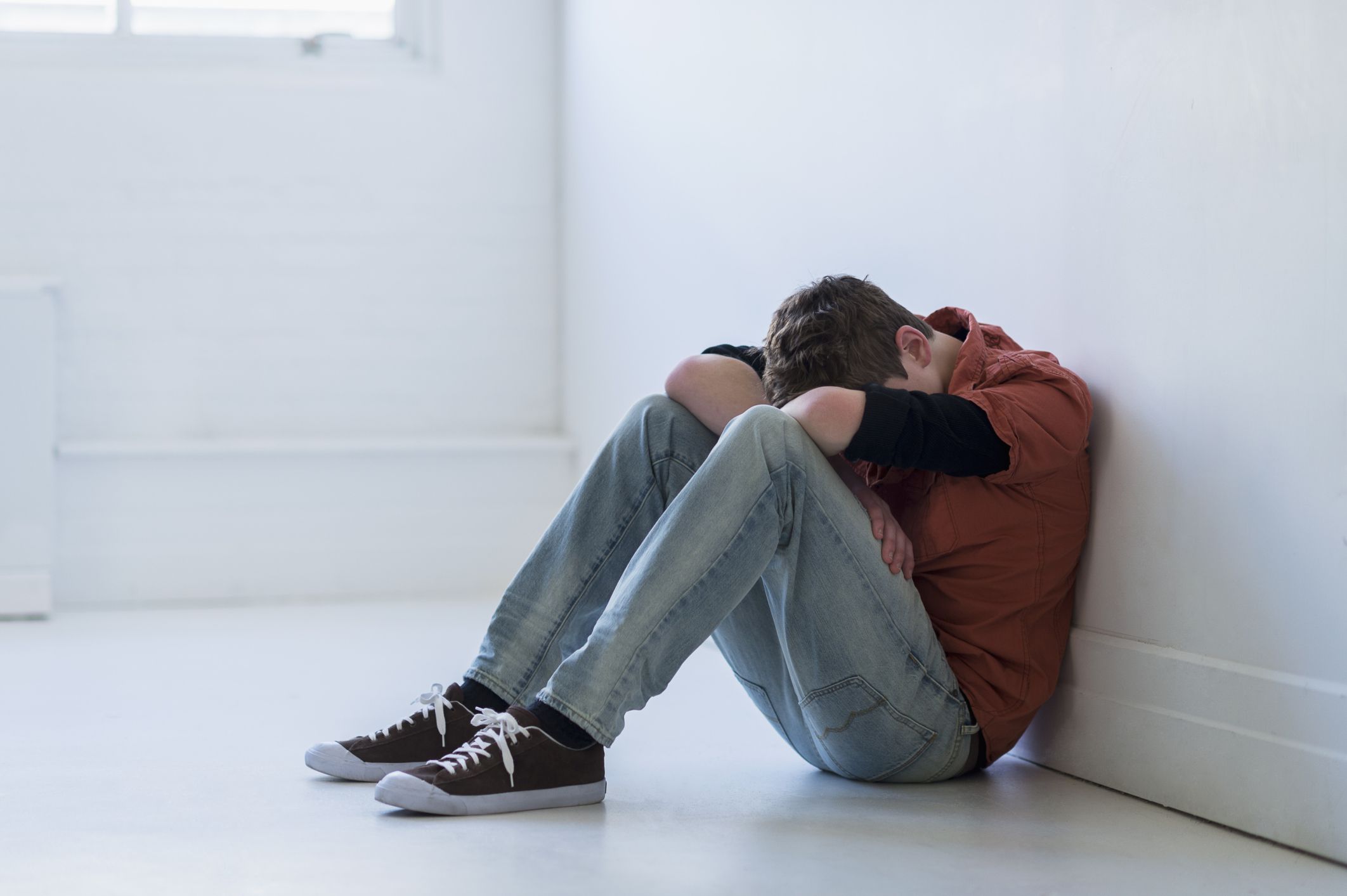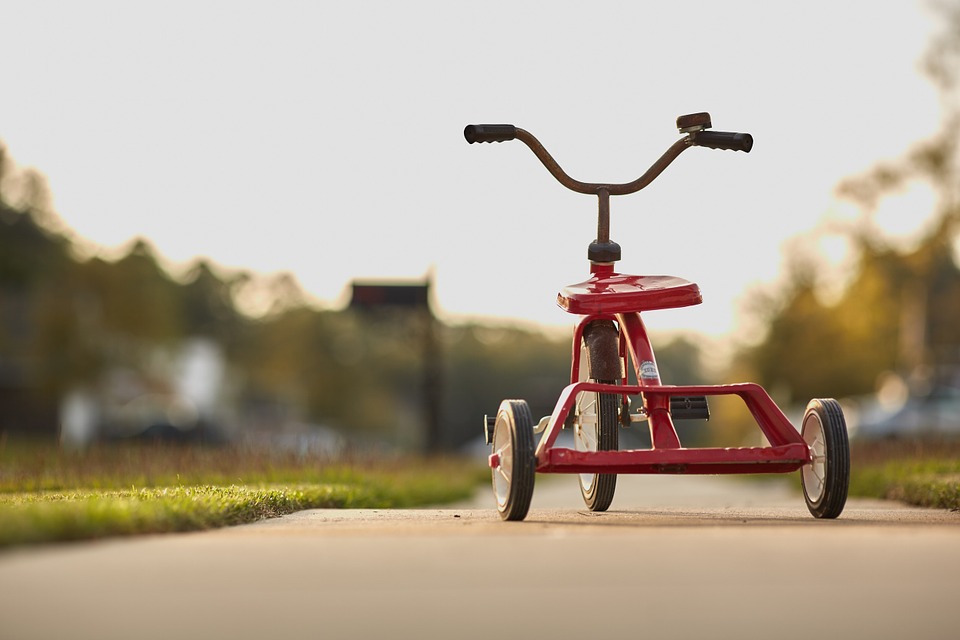
Teenage depression
I read your article about depression in a young woman. My son Jitendra is 16 years old. I feel that for the last 1 month he is isolated and not feeling like himself. I have tried to approach him, but he feels very touchy and does not want to communicate. He is also very negative, pessimistic, bored, has stopped smiling or laughing, and is walking with heavy legs and without energy. Please advise.
The teenage years are tough times. The trip from childhood to adulthood is filled with emotional ups and downs, new challenges, and new concerns. As teenagers begin to mature, it is normal for them to be moody and to have feelings of frustration, anger, and sadness. Depression in teenagers, however, is not normal – but it is all too common. It is estimated that 5 – 10 percent of all teenagers have depression. It is always a cause for concern. Suicide and accidental deaths (due to the role of depression) are amongst the forerunners of death in teenagers. Even without the threat of suicide, depression causes eating disorders and self-destructive habits that can lead to serious lifelong health problems; many turns to substance use as self-medication, making matters worse. Teenagers who have depression may simply say they are sad. While they feel all the frustration, isolation, and other symptoms that depressed adults describe, they may not fully understand their feelings, or know how to describe them. They may not talk about their depression, but it will show in their expression, body language, and behavior. They may rebel, sulk, stomp around the house, or slam the door to the room. Adolescents are moody, but when a teenager is sad – or irritable, anxious, negative, or uncooperative – for more than 2 weeks, you need to talk to the child about the feelings. There are certain warning signs of depression –
He may look different and worse than usual – with dirty hair, dirty clothes, or an unexceptionally messy room
He does badly in school – gets lower grades or bunks classes
He drops out of favorite activities such as sports or plays or stops getting together with friends
He becomes angry, irritable, aggressive, or uncooperative without cause
He seems to sleep all the time
He starts smoking, alcohol abuse, or becomes sexually promiscuous
He is involved in dangerous and risky behavior
He feels guilty for no real reason
He has trouble thinking or remembering things
He withdraws from friends and family
He complains of constant headaches or stomachaches
He talks about death or about hurting himself
For a seriously depressed adolescent, prompt action can mean the difference between life and death. You can help a depressed child in the following ways.
Be there. A child, who is depressed, needs you to be available both physically and emotionally. He may try to push you away, so gently but firmly insist on helping.
Listen. Nothing you can say will matter as much as what you let your child say. Encourage your child to talk about his feelings. Then really listen. Loving parents may be tempted to interrupt gloomy or frightening statements with, “Do not be silly, you are the greatest kid in the world,” or “You have everything going for you,” or “Do not say such terrible things”. Do not do it. It is very hard to hear your child say self-destructive things, but you need to know what he or she is thinking if you want to be able to help. Sad and frightening feelings have to be expressed or your child will feel more isolated. He will become harder to reach and help.
Do not criticize or try to fix things. This is a learning opportunity for you, not the child. Do not lecture and do not expect to “make it all better” right away.
Reassure. A depressed child thinks the bad feelings will last forever. Help your child understand that he will feel better. Show that you understand his feelings. Make it clear that this bad time is temporary and that you will get the help he needs.
Get help. Do not hesitate. Consult your psychiatrist or a counselor who works with teenagers.
Stay involved. Make sure that your child is getting the help that he really needs. You may have to change doctors, or medications may need to be adjusted. Recovery may take weeks or months and depression can recur. Learn all you can about depression so you can help make the best choices for your child and provide support at home.
Guard against suicide. Depressed teenagers are in real danger of choosing a permanent solution – death – to the temporary problems they are facing. Increasing the risk is the inability of most teenagers to understand fully that death is final. No threat of suicide, no matter how wild or crazy-sounding should ever be ignored. Even a terribly painful or gross death may look like a relief to a child or adolescent who is dealing with the pain of a deep depression. Do not be afraid to talk frankly about your child’s intentions. Watch for the warning signs of suicide – talk about suicide or death, writings or drawings about suicide, failed suicide attempt, puzzling comments like “things will be different soon”, “you will not have to worry about me any longer”, “all this will be over soon”; impulsive or reckless behavior – taking big chances and casually risking injury; putting things in order and tying up loose ends; giving up treasured objects or even a sudden good mood as the person has decided to commit suicide. The special alert is because suicide is most likely to occur when it seems that the threat has passed.
Even mild depression can cause a child to have low self-esteem and make childhood’s business of making friends and learning to get along with others very difficult. The sooner the depression is discovered and treated, the sooner a child can get back to “feeling like a kid” again.



